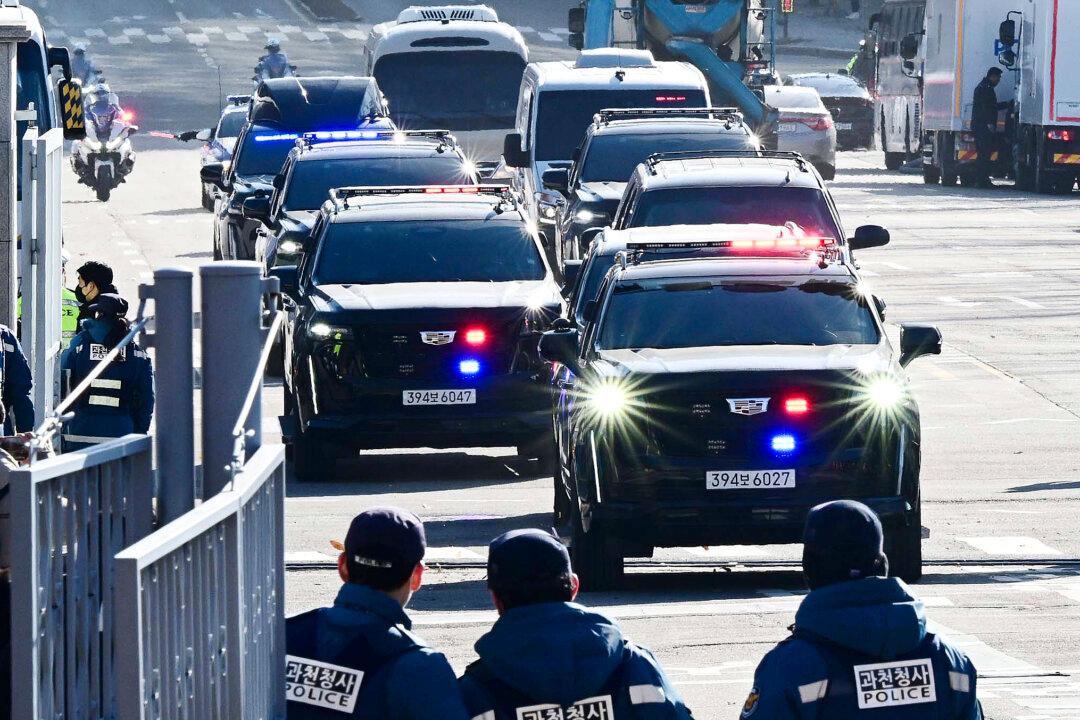A South Korean court has approved a request to extend the detention of impeached President Yoon Suk Yeol as part of an ongoing investigation into allegations of insurrection tied to his declaration of martial law.
The ruling, delivered by a court in Seoul, South Korea, in the early morning hours of Jan. 19 local time, allows authorities to hold Yoon for up to 20 additional days.





